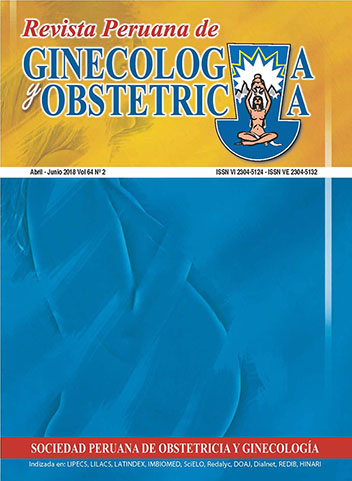Freeze-all in assisted reproduction
DOI:
https://doi.org/10.31403/rpgo.v64i2081Abstract
Breakthroughs in vitrification protocols and the results obtained after frozen embryo transfer have resulted in a different version of the assisted reproduction standard cycles: the “freeze-all” cycles. Regardless of their use beyond the usual indications (elevated progesterone, risk of hyperstimulation, among others), this new concept currently represents a common practice in many institutions and is applied to all patients. In this article, we will discuss the various factors that may have contributed to this change in policy and the scientific evidence for this topic. Based on this evidence, we will conclude if clinics should change their way of working from fresh embryo transfers to only transfer frozen embryos, or if we should maintain the standard protocol.Downloads
Download data is not yet available.
Downloads
Published
2018-07-16
How to Cite
Basile, N. (2018). Freeze-all in assisted reproduction. The Peruvian Journal of Gynecology and Obstetrics, 64(2), 213–223. https://doi.org/10.31403/rpgo.v64i2081
Issue
Section
Simposio: Avances en biología en reproducción asistida
















